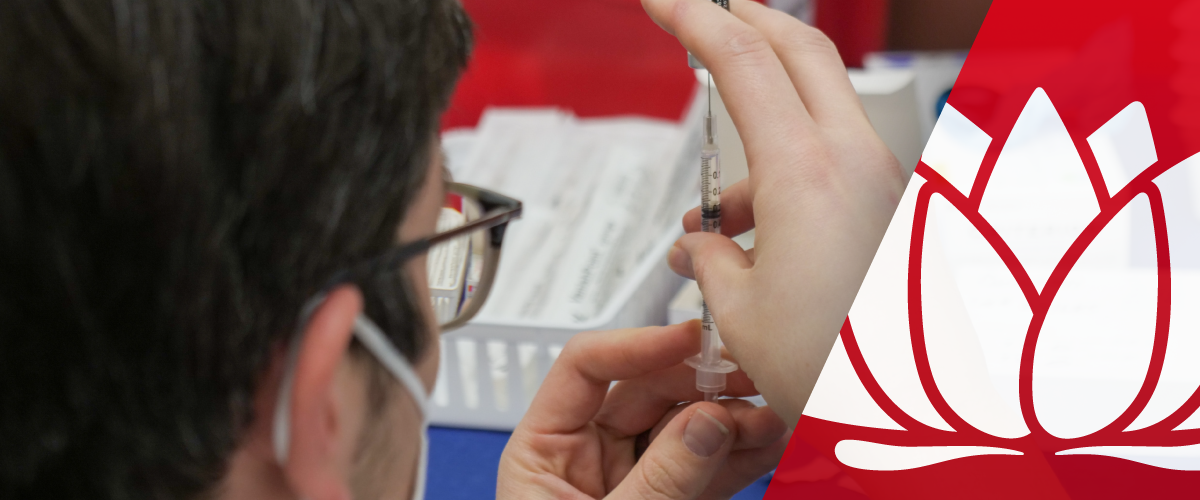Thu 8 December 2022
SHPA strongly supports inquiry’s call for more expert pharmacists in NSW hospitals
The Society of Hospital Pharmacists of Australia (SHPA) has welcomed the first report from the inquiry into ambulance ramping in New South Wales, strongly supporting its recommendations to increase Hospital Pharmacy positions, embed more expert Emergency Medicine Pharmacists into care teams, expand pharmacist-led prescribing and enable NSW residents to access subsidised medicines upon hospital discharge.
SHPA President Tom Simpson says the recommendations are a welcome sign of progress in Australia’s most populous state, in which hospital pharmacy departments have been chronically understaffed.
‘The report states, “there are not enough hospital pharmacists in New South Wales public hospitals”, and this is the simple truth.
‘We strongly welcome the report’s recommendation, in response to SHPA’s member-led advocacy, that the NSW Government provide funding to increase the number of public Hospital Pharmacists.
‘From our earliest submissions to directly providing evidence in parliamentary hearings, SHPA has stood up strongly for our profession in NSW and we look forward to working with the NSW Government to translate these recommendations into more expert, trained, team-based pharmacist roles.’
The Impact of ambulance ramping and access block on the operation of hospital emergency departments in New South Wales report calls for increased funding to support more Hospital Pharmacist positions that better align with emergency department operating hours; expansion of Partnered Pharmacist Medication Charting (PPMC), the earliest form of pharmacist prescribing in Australia, pioneered in the hospital setting; and for the NSW Government to become a signatory to the Commonwealth's Pharmaceutical Reform Agreements.
Mr Simpson says it is important NSW patients benefits from expanding hospital-led prescribing innovations and greater access to medicines on the Pharmaceutical Benefits Scheme (PBS).
‘We need to follow the evidence: PPMC in emergency departments is a proven approach with patients admitted faster, freeing up clinical time for doctors, and embedding Emergency Medicine Pharmacists into stroke service teams has been shown to reduce the time to critical treatment for stroke patients by 12 minutes.
‘The moment a patient leaves hospital presents another window of risk.
‘Hospital Pharmacists are responsible for approximately a quarter of all PBS expenditure and supply just under five million PBS prescriptions annually to patients.
‘If New South Wales signs up to the Commonwealth's Pharmaceutical Reform Agreements, Hospital Pharmacists can provide more medication to patients on discharge.


